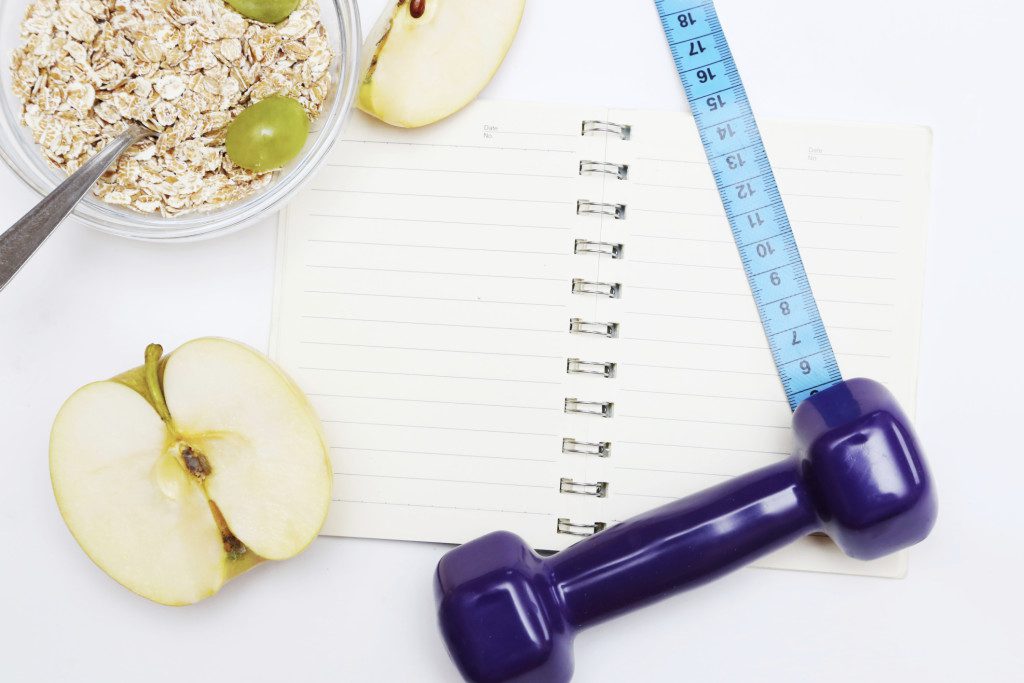Seven reasons to keep a training log

If you’re looking for inexpensive but effective ways to improve your triathlon performance, keeping a training log should be first on your list. Logging your workouts (either by hand or through a website) is fast, easy and meaningful for all triathletes. Besides helping you plan your goals, reflect on your progress and identify strengths and weaknesses a training log can also give you a boost of inspiration when you need it most. Here are the seven reasons why you should be keeping a training log.
1. Motivation
Anyone who regularly logs their workouts will tell you that there’s nothing more rewarding than being able to log success. It can be motivating to know that the harder you work in practice, the better the result will look on paper. Alternatively, if you sandbag your workout that will have to be noted, too. Which would you prefer to see when you look back through your log weeks later?
2. Help yourself set goals
By writing out workout-specific, week-specific and season-specific goals in your log, you’ll be more likely to follow through on them. Goal-setting in your log is the first step to making them a reality because each time you look at your log they’ll be staring back at you.
3. Know what you’re capable of now and in the future
By writing out previous personal bests, you give yourself a benchmark for the future. You’ll feel motivated to surpass your previous standards each time you test yourself if you have them clearly written out in your log. It will also help you understand how long it takes to improve in each specific area (for example, your 5 km time) so you can approach your season with realistic expectations of improvement.
4. Inspiration
After you’ve been logging your workouts consistently for a while, looking back at all the work you’ve put in will be sure to inspire you to keep going. In moments of doubt, simply flip through all the workouts you’ve done so far and expect to feel an overwhelming sense of satisfaction. You’ve worked hard, don’t stop now!
5. Recycle workouts when you’re stuck
Ever get to the pool, the track, or on the bike for a workout and not know what to do? If you’re not training for a specific goal, your workouts are probably more flexible and the goal is simply to build your fitness. Having a log to go back through gives you instant workout ideas for yourself or even a training partner who’s looking for new ideas.
6. Analyse your patterns
Do you hit plateaus in your performance? Have you gone through a period of time feeling particularly lethargic? Tracking things like sleep, nutrition and stress levels in your log alongside your workouts helps when you go back to figure out why things aren’t going your way. Monitor all things that affect your training to make sure you’re being thorough.
7. Reflection
Logging your workouts helps you reflect on how you’re performing each time you complete a workout. What goes through your mind? Are you giving yourself useful self-motivation? Do you understand your objectives for the workout and your greater training plan? Asking yourself meaningful questions helps you understand your body and how it operates so when you set new goals (like finally completing an Ironman) you’ll be able to set realistic expectations of yourself and avoid surprises.

